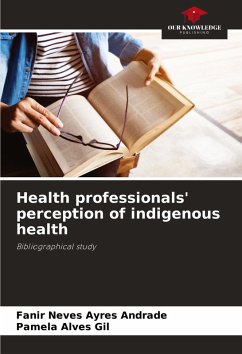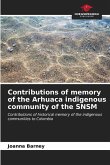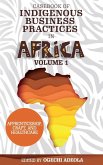This study consists of an exploratory bibliographical survey, using a health psychology approach, which aimed to investigate how indigenous health care is perceived by health professionals in the selected studies, by describing their experiences, their strategies for dealing with cultural differences and the difficulties involved in indigenous health care. The results showed that although indigenous people are minorities, they have organised themselves to participate in political processes involving their health needs. Prejudice towards indigenous people is still present in the health care context, a fact that contributes to their exclusion from the specialised care to which they are entitled. The relationship between biomedical knowledge and traditional knowledge is marked by the divergence of culturally formed conceptions, which is an obstacle to the realisation of care, since communication between the two strands of knowledge has counterpoints that cause health professionals to feel insecure in their professional work.
Bitte wählen Sie Ihr Anliegen aus.
Rechnungen
Retourenschein anfordern
Bestellstatus
Storno








